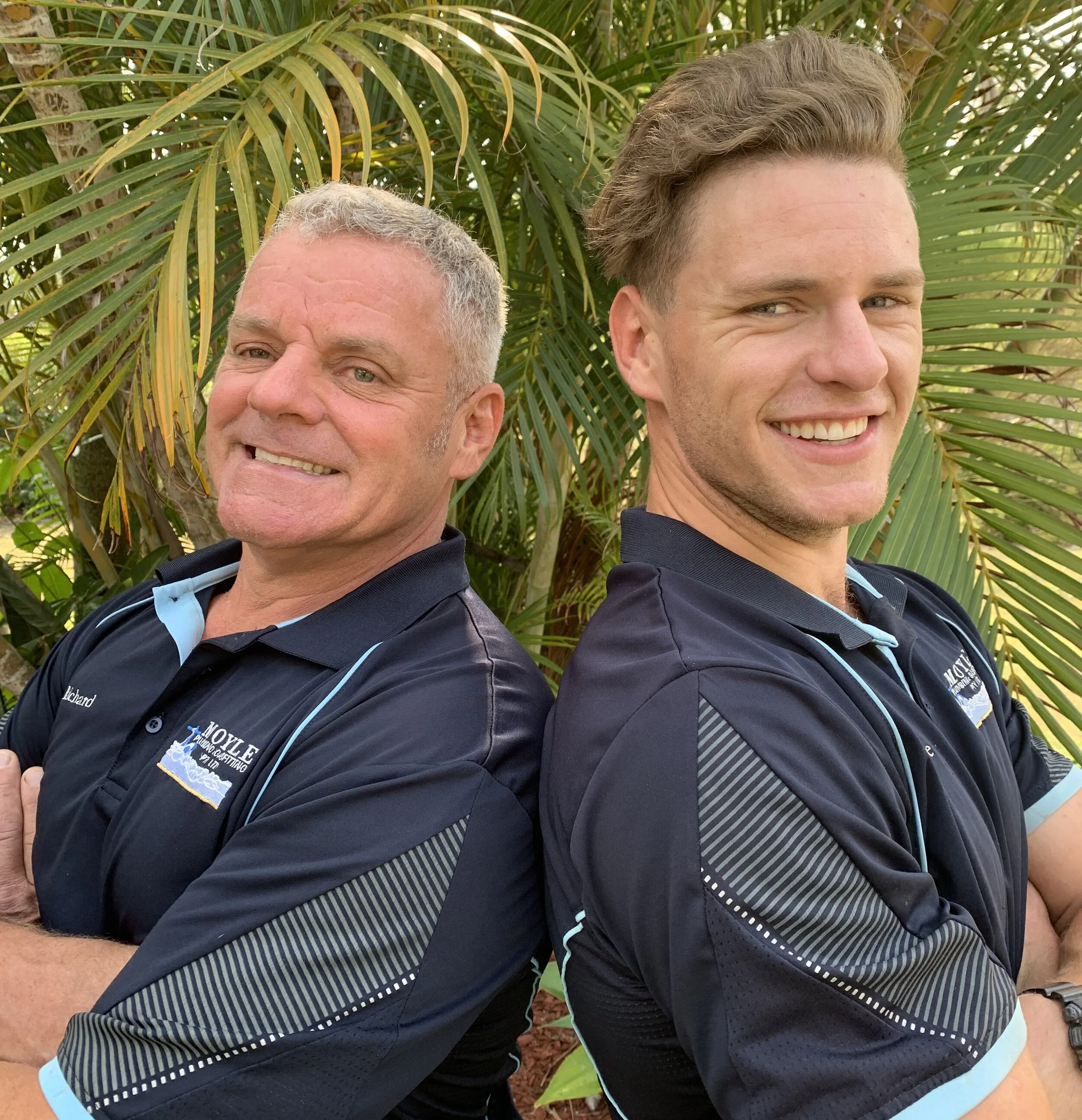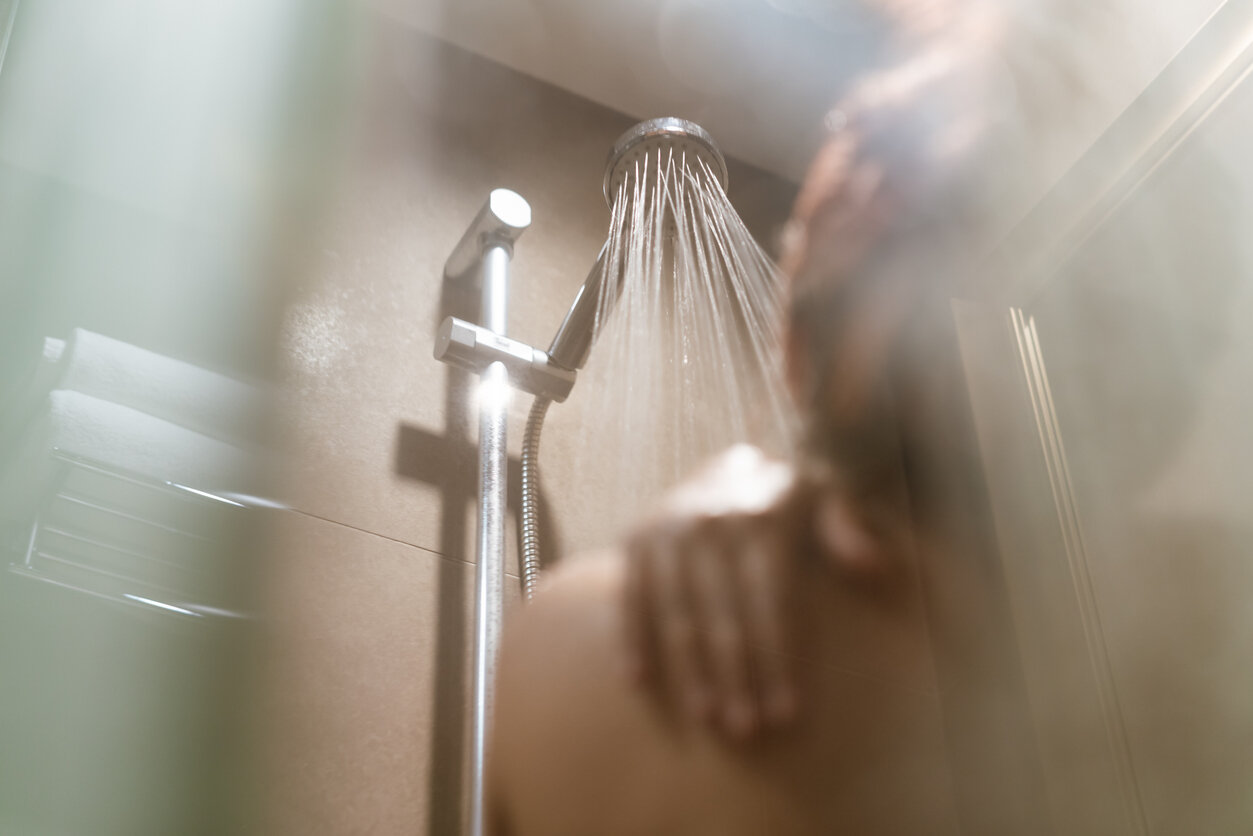Relocating Hot Water System
Relocating a Hot Water System
If you are renovating or replacing an old Hot water heater it may need to be moved or relocated to a position outside the home to be compliant with new regulations.
If you have a hot water tank in your laundry, garage, hallway cupboard or other, then it may have to be relocated outside of the home by law when it’s time to replace your hot water heater.
At this time, you may choose to up-size to a larger tank or keep the same size or similar size tank.
Can I relocate my Hot Water System?
We strongly discourage DIY removal & relocation of your hot water system for a number of reasons.
1) If your storage tank is over 10 years of age & you did not replace the sacrificial anode at 5 years, then your inner tank will be fragile & is likely to fracture once moved, even if you are very careful. A fractured inner tank will leak & need to be replaced.
2) There are also strong regulations & forms that need to be submitted to QBCC advising of the installation or relocation on a hot water tank and this is why we strongly encourage you to use a licensed Plumber to do this regulated work.
3) If your tank is still under warranty, you will void the warranty if the relocation is not performed correctly & a form 4 not submitted by a licensed Plumber.
4) Safety first – Relocating your hot water tank, also means working with not just the water & gas but also electricity.
5) Valves on the hot water tank only have a warranty of 12 months, but a life expectancy of approximately 5 years. It is important to have the correct valves installed on your hot water tank, for safety & to get the maximum life of the hot water tank.
What’s involved in relocating a Hot Water Tank?
When considering relocating your hot water tank from inside to outside, the plumber will need to find & connect to the hot & cold water lines from somewhere in your home. This may be the kitchen or vanity and is why you often see hot water tanks installed outside the bathrooms or kitchens.
If you are moving your hot water tank a few meters away from its original position, then the plumber may be able to extend the existing water lines.
Moving your hot water system involves –
Copper pipe & fittings to extend hot & cold-water lines
Electricity cable
Junction box / Outdoor GPO
Possible replacement of all or some of the valves - Isolation & duo valve, pressure limiting valve, TPR valve, tempering valve, CWE valve.
Hot water pipes need to be covered for protection.
The overflow needs to be run to a drain
A ripple concrete slab or similar to allow ventilation under the hot water tank to prevent the base rusting
Certification, insurance, licensing & lodgement of forms.
In the past, the overflow pipe was just dropped to the ground. This is no longer allowed as it is encouraged not to have water lying around the base of the hot water tank or house footings to prevent any undermining of the house structure or footings.
Water just dropping to the ground can compromise the integrity by stretching of the copper pipes & fittings to the hot water tank.
Water lying around the house also invites termites to the area.
Timber under the hot water tank is strongly discouraged as well.
The overflow drain can be run to a nearby down-pipe or stormwater drain or overflow relief gully (ORG) nearby. If there is no drainage close by, your plumber is also able to install an overflow gravel pit away from the hot water tank to run the overflow too, as long as it complies with the regulations.
We do recommend that you be careful when choosing a plumber to relocate or move your hot water tank. It is reported on the QBCC web site, that 1 in 3 plumbers are not installing hot water tanks to the correct code, which could be detrimental to your warranty or if a recall is required.
Once a form 4 has been submitted to QBCC, they make random inspections to these hot water systems.
Here is a list of the many faults found by QBCC:
Some of the key defects identified include:
A short video showing many examples of Moyle Plumbing & Gasfitting relocating many Hot Water Heaters. These photos show the old position, then the new position. of the hot water heaters.
Go to our web site to find more information about movi...
insufficient insulation on the inlet and outlet of the hot water heater
no tempering valve installed, or not set to the correct temperature
safe trays are not installed, or the base is not correctly supported
insufficient valves installed (includes temperature pressure-relief valves, isolating valves and cold-water expansion valves)
overflow lines not discharging to an approved point
incorrect orientation of solar collectors for solar hot water systems; and
failing to lodge a Form 4 on completion of the work.
All hot water systems that Moyle Plumbing & Gasfitting install or relocate are done in compliance with Standards AS/NZS 3500.4, AS/NZS 3000 and all local codes and regulatory authority requirements.
If you need to relocate a hot water system and want a liscensed plumber you can trust with workmanship guarentee, give Moyle a call on 07 3807 7327
We have be proudly plumbing & installing hot water systems in our local area since 1983.
Servicing Brisbane to the Gold Coast including Logan City Queensland Australia.
EMERGENCY SERVICE - 0447 671 095
HOT WATER PLUMBER
Connect with us -
250 Litre hot water system. The new hot water heater was re-located from the in-wall position onto the ground just in-front.
Moyle Plumbing & Gasfitting
Your hot water specialist, trusted since 1983. Family owned & run.
Specialist in maintenance plumbing & gas fitting from Brisbane to the Gold Coast, including Logan City.
As a hot water specialist, we repair & replace all brands & types of hot water heaters.
We are also electrically licenced, so we can install or repair your hot water heater from start to finish, without needing an electrician.
Give us a call 0447 671 095
Emergency Service Available











